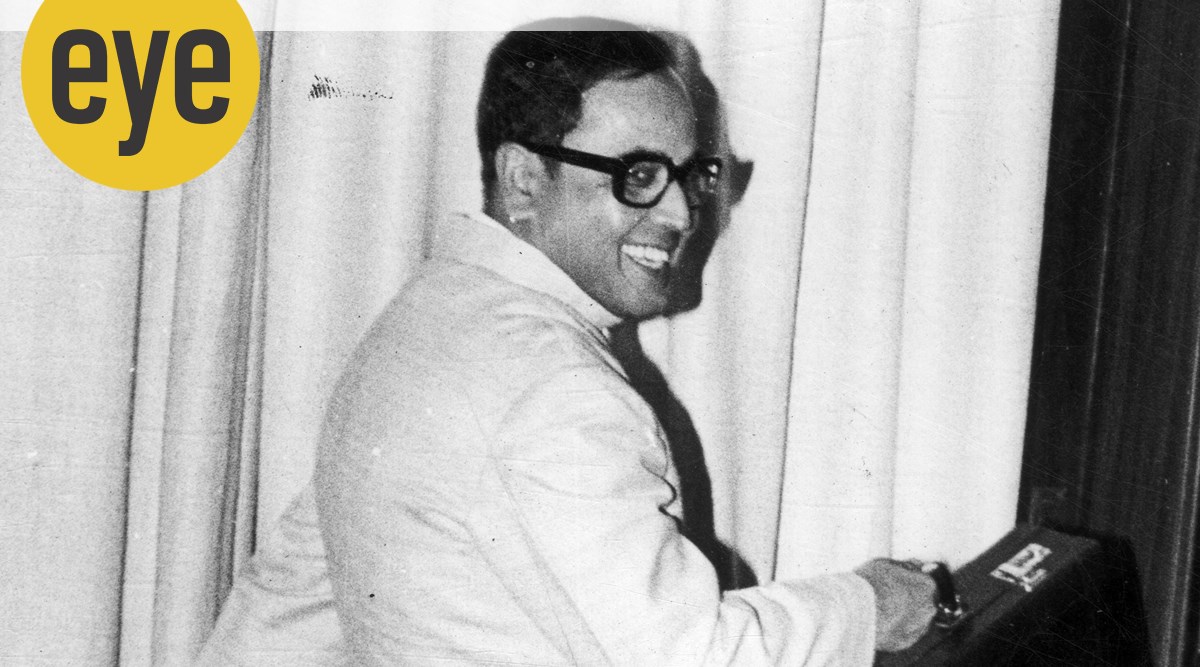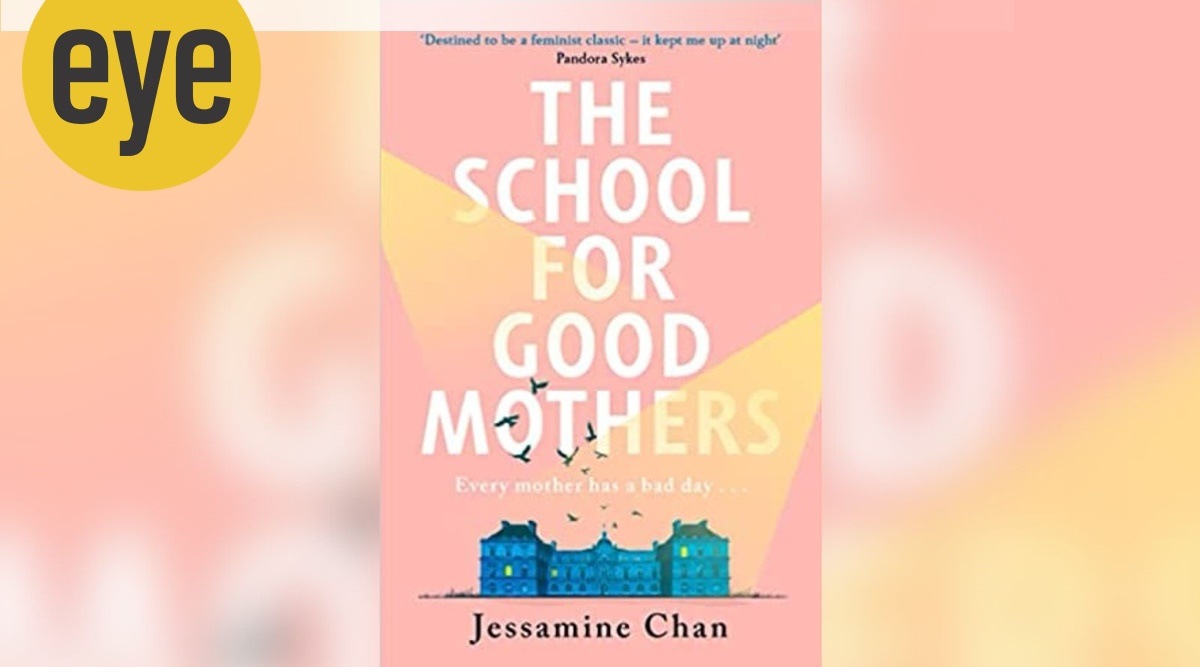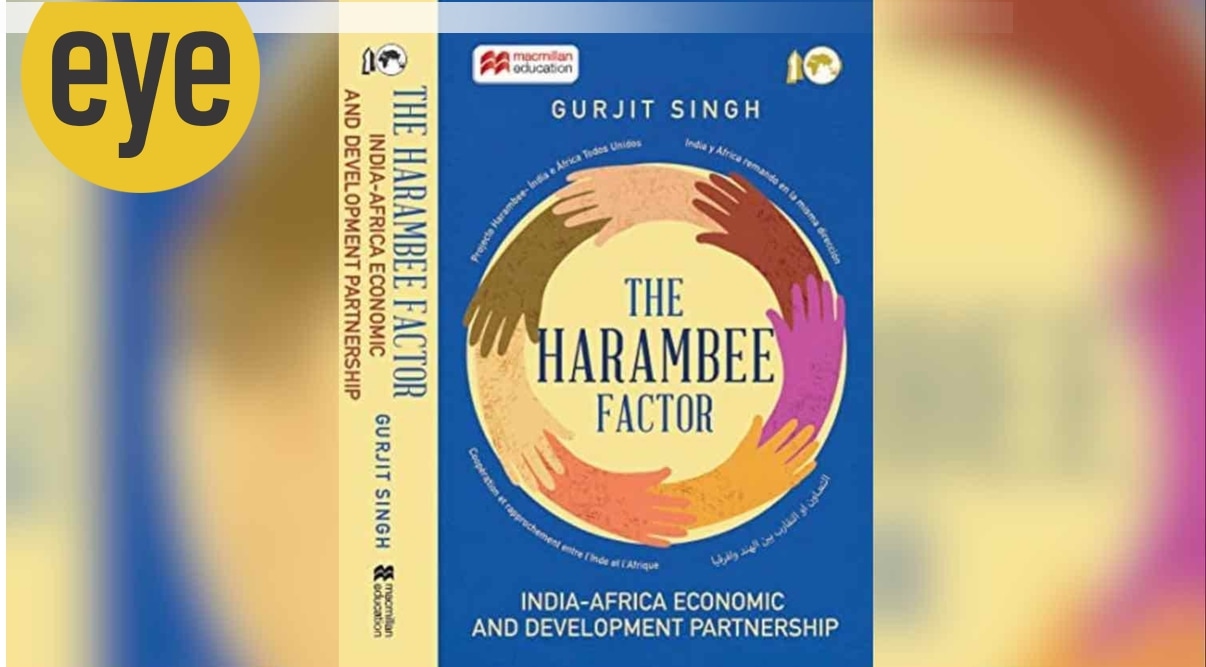Sunday Long Reads: How Panchayat found its audiences across India, Sameer Nair’s interview, book reviews, and more
Here are some interesting reads from this week's issue!
 Director Deepak Mishra (left) with writer Chandan Kumar (Credit: Narendra Vaskar)
Director Deepak Mishra (left) with writer Chandan Kumar (Credit: Narendra Vaskar)How Panchayat found its audiences across the country
Slide the puris lower into the oil to get them puffy and full, Neena Gupta advises co-actor Sanvikaa. It was Gupta channeling her improv strengths for the birthday sequence of her on-screen daughter.
This seemingly trivial tweaking by the seasoned actor adds immense value to the storytelling and the world of Panchayat which is based on sharp observations, well-defined characters and riveting performances. “Such an insight could have only come from an actor like Neena ji,” says Panchayat’s director Deepak Kumar Mishra. It’s a worthy reminder of the show’s ethos that says, “Realise your truth”, even as the second episode of Panchayat Season 2, Bol Chaal Band, rolls out. Gupta plays the role of Phulera panchayat’s head Manju Devi, while Sanvikaa is her daughter Rinki.
How the creators of ‘Ghar Waapsi’ made the idea of the provincial a runway success
 A still from ‘Ghar Waapsi’
A still from ‘Ghar Waapsi’
Though the Ghar Waapsi team was confident that they’d made a “good show”, they wondered how many people were going to watch it when it dropped on Disney+ Hotstar last month. “After all, no one was threatening to nuke a city nor was the planet at stake. However, we knew those who would watch it, would like it,” says director Ruchir Arun. The team was overwhelmed when the show, with help of strong word-of-mouth publicity, became one of the most-watched new shows.
‘Streamers have created the opportunity for high-quality drama’: Sameer Nair of Applause Entertainment
 Sameer Nair, CEO, Applause Entertainment
Sameer Nair, CEO, Applause Entertainment
You’ve been part of the entertainment industry for three decades. How have streaming video platforms changed the industry?
During the early days of Doordarshan, there were shows such as Tamas (1988) and Khandaan (1985). They are more like modern dramas. On satellite TV, we made some good shows but it never went to that level. Then came saas-bahu shows and Kaun Banega Crorepati (2000-). With the streamers, we have the opportunity to produce high-quality drama with multiple seasons. This is what HBO and American television has been doing since the ’90s, with shows such as The Sopranos (1999-2007) and The Wire (2002-08). That’s the change that streamers have brought in India especially since the internet has reached everywhere.
Two of India’s most seasoned policymakers draw upon their expertise to present an authoritative account of India’s economic and policy history
 Balancing the books: A file photograph of then finance minister Pranab Mukherjee going to present the budget in Parliament in February 1983 (Express Archive)
Balancing the books: A file photograph of then finance minister Pranab Mukherjee going to present the budget in Parliament in February 1983 (Express Archive)
A good book has three important components: idea, execution, and inference. Recalibrate – Changing Paradigms, by NK Singh (hereafter NK), and PK Mishra (hereafter PK) has all three in abundance. The idea (remember that one definition of genius is something that is obvious ex-post) is to present Indian economic and policy history over the 75 years from the vantage point of two very knowledgeable and experienced practitioners of policy. The two authors have been senior policymakers practising their craft for the better part of the last 45 years.
What if spiders dreamt like humans?
 In the early dawn, a spider’s cobwebs looks like an immense chandelier as the dewdrops are fired by the sunlight, or appear as ropes of pearls. (Photo: Ranjit Lal)
In the early dawn, a spider’s cobwebs looks like an immense chandelier as the dewdrops are fired by the sunlight, or appear as ropes of pearls. (Photo: Ranjit Lal)
She is so, so utterly humongous — and hairy! So yogic, in the middle of that magnificent edifice that she has built: in the early dawn, it looks like an immense chandelier as the dewdrops are fired by the sunlight, or appear as ropes of pearls. She has everything. What can I give her? True Amazon delivered the size XXX cockroach I had ordered, and I’ve gift-wrapped it in silk. But will it be enough? It looked magnificent, like it was made of polished mahogany; or dates from the richest Arabian oasis. But what if she prefers oak or hates dates? There are no oak trees here. And I can also see that her larder is pretty well-stocked with packaged fast-food. Wickedly, I must confess I have helped myself to a small snack — a cricket — without asking her and hope she won’t mind… Should I confess? Will she kill me if I do, or kill me if I don’t?
Writer Hansda Sowvendra Shekhar translates Vaapsi, a short story in Hindi by Usha Priyamvada
Like a cot in the living room
 illustration by Mithun Chakraborty
illustration by Mithun Chakraborty
Gajadhar babu was looking at the things he had gathered in the room – two trunks, a basket, a bucket – when he spotted a box. That box wasn’t his.
‘Ganeshi,’ he called out to his help in the railway quarter. ‘What box is this, Ganeshi?’
Weathering the patriarchy storm
 Imagine a solidarity of women coming together for justice, call it “Just Girls”, to externalise what has been internalised, politicise the personalised and make visible the invisibilised. (Source: Getty)
Imagine a solidarity of women coming together for justice, call it “Just Girls”, to externalise what has been internalised, politicise the personalised and make visible the invisibilised. (Source: Getty)
“Humaare samaaj mein ladki hona hi gunaah hai (being a girl is a crime in our society)” — these words by a girl echoed the sentiments of countless young women growing up in a society where there are widespread, daily accounts of gender-based violence. Where girls are killed even before they are born because they bring “baddua” (curse), the mother of a child with disability is blamed for bringing “badkismat” (bad luck) into the family, a girl who doesn’t fit the social norms of beauty is dismissed as “badsurat” (ugly), and girls who challenge patriarchy are seen as “badchalan” (immoral). Where every step away from society’s warped idea of morality is shamed, stigmatised, and, at times, even banished.
One of the year’s most anticipated debuts, Vauhini Vara’s The Immortal King Rao reimagines an apocalyptic future
 The Immortal King Rao by Vauhini Vara. (Source: Amazon)
The Immortal King Rao by Vauhini Vara. (Source: Amazon)
Vauhini Vara’s debut novel The Immortal King Rao could have easily been episodes from the dystopian British television series Black Mirror, or a storyline from Margaret Atwood’s Gilead dominated world. It could also be a leaflet from Raja Rao’s Kanthapura (1938). But King Rao is all of this and more. In King Rao, one of this year’s highly anticipated literary releases, Vara uses three premises and timelines to string together a series of visions that are both fantastic and prophetic. On the one hand, it builds on the Dalit pride of being landowning-Raos, and, on the other, is a layered narrative about techno-capitalism and its repercussions. All of this is overshadowed by the premise of climate change and global warming.
Jessamine Chan’s triggering debut novel, ‘The School for Good Mothers’, holds up modern-day motherhood to scrutiny
 The School for Good Mothers by Jessamine Chan (Source: Amazon.in)
The School for Good Mothers by Jessamine Chan (Source: Amazon.in)
The halo around motherhood is so deeply entrenched in societies that there are some things that no one tells new mothers about — that that cherub everyone coos over during strolls in the park can wear anyone down with her obstinate refusal to sleep; that the self-contained little toddler busy with his toy truck in the playpen can suddenly transform into a tyrant if his tantrum is not soothed. Most of all, the truth that is tucked furthest away from reach is the fact that the price of motherhood can often be an erasure of self. After all, can one possibly be a good mother if one still craves for some time of one’s own? Is she mother enough if she is not racked by constant self-doubt about her worth as a parent?
Why do we keep loving those who don’t love us back?
 Many signals of unrequited love are to be found on social media (CREDIT: Suvir Saran)
Many signals of unrequited love are to be found on social media (CREDIT: Suvir Saran)
Unrequited love is one of the most gut-wrenching experiences of the human journey. Sometime or the other, humans fall in love with those who are least able to give any love back. Love that doesn’t return love is far more prevalent than love that does. Way more intense than a fleeting crush, this love can last a lifetime, and can make or break the one in love.
Career diplomat Gurjit Singh traces the growing partnership between India and Africa in The Harambee Factor
 The Harambee Factor: India–Africa Economic and Development Partnership by Gurjit Singh; Macmillan Education; 456 pages; Rs 2,950 (Source: Amazon.in)
The Harambee Factor: India–Africa Economic and Development Partnership by Gurjit Singh; Macmillan Education; 456 pages; Rs 2,950 (Source: Amazon.in)
The Harambee Factor: India–Africa Economic and Development Partnership is part of a refreshing trend of diplomats documenting their experiences and insights for wider public consumption, thereby also demonstrating the demand among readers to understand the inherent complexities of esoteric disciplines such as diplomacy. In this book, Gurjit Singh has distilled his decades-long experience of dealing with Africa to produce an objective and authoritative account of India-Africa relations.
Photos


- 01
- 02
- 03
- 04
- 05




























